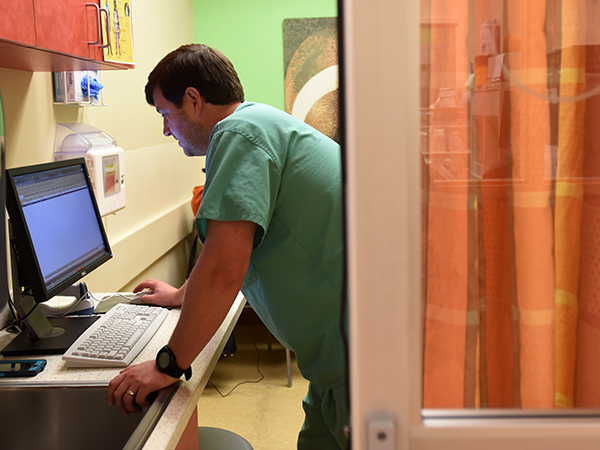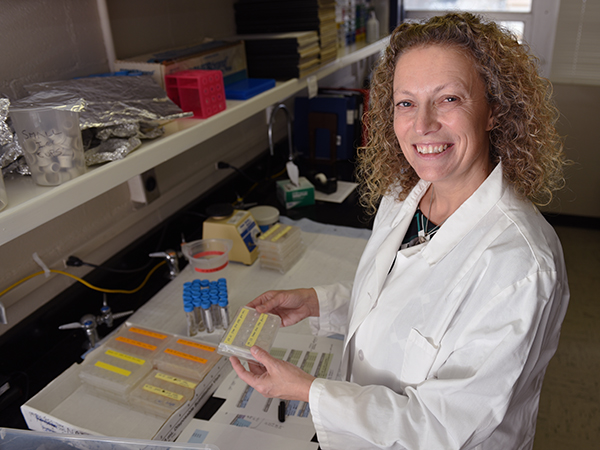|
Absence makes the heart grow fonder, but it also makes the brain grow vulnerable. In the study featured in the September 21 issue of the Journal of Neuroscience, UMMC researchers show how removing their mates may make rats more susceptible to drug abuse. It's the latest published finding from the lab of Dr. Lique Coolen, who studies the neurological basis of behavior, particularly as it relates to drugs of abuse. “Some people try drugs once or twice and they have no problems. Others try drugs once or twice and they become addicted,” said Coolen, professor of physiology and biophysics and the paper's senior author. While there are several factors that may determine who is most at-risk for drug abuse in humans, strong social networks appear to have a protective effect, Coolen says. The more rewarding relationships a person has - family, friendships and a spouse - the better the buffer. The goal of the study was to learn what happens in the brain when that buffer breaks down. While “rats don't have friends” in the manner humans do, Coolen said, they do have another immensely rewarding social behavior: sex.
|
























